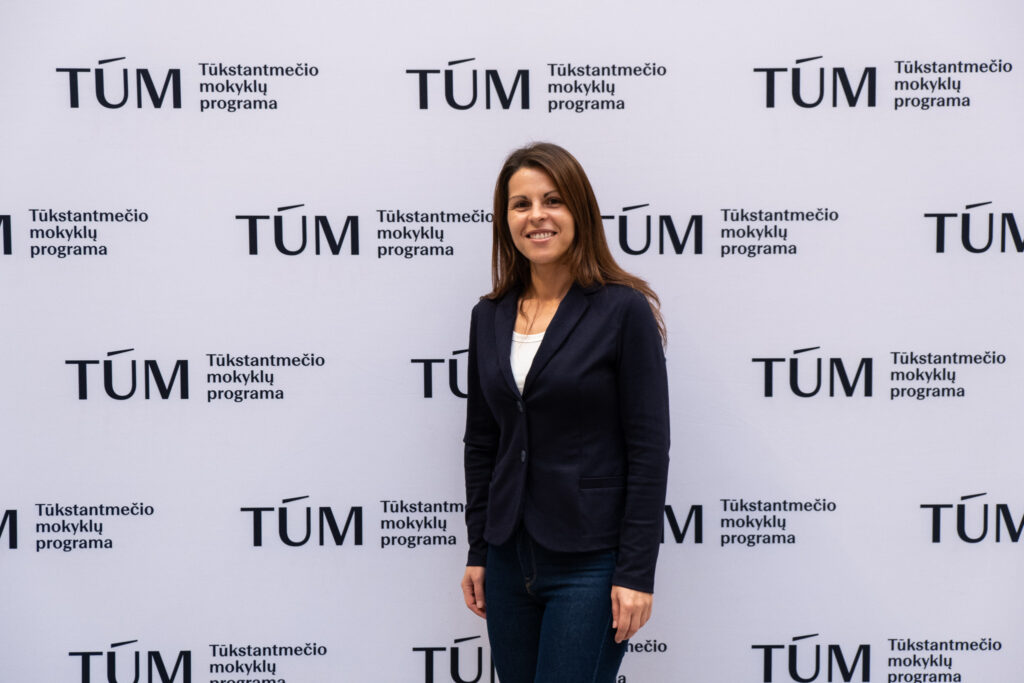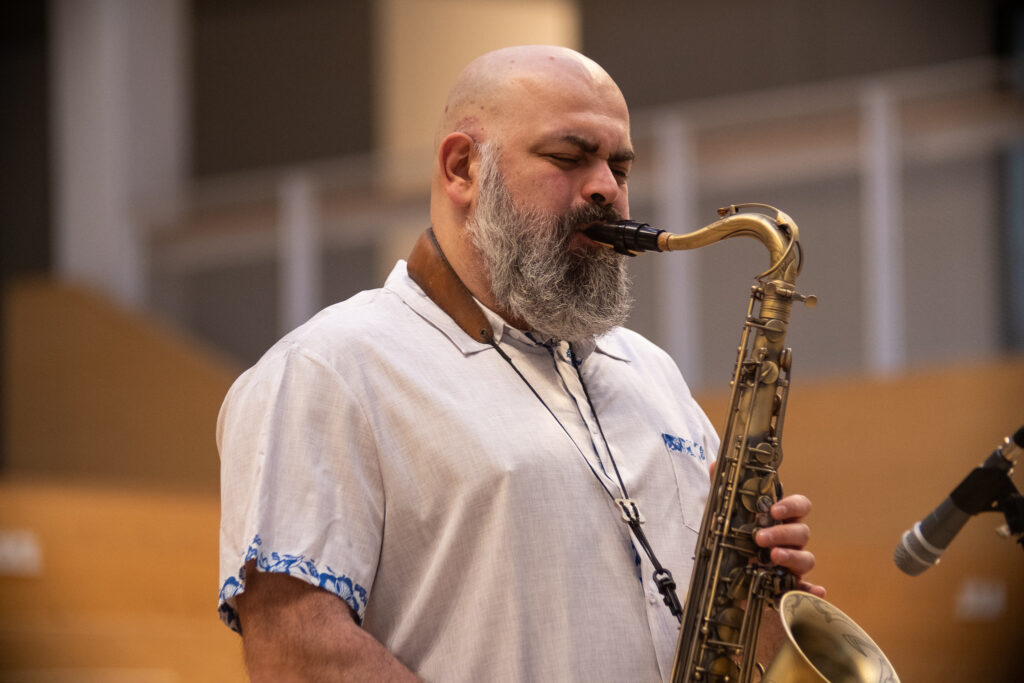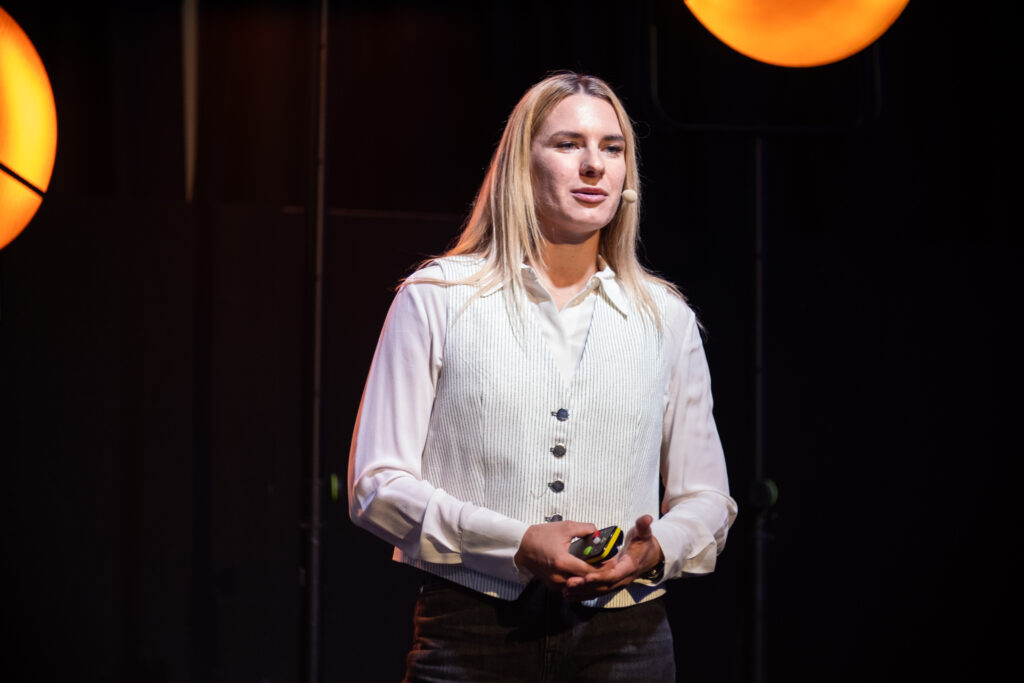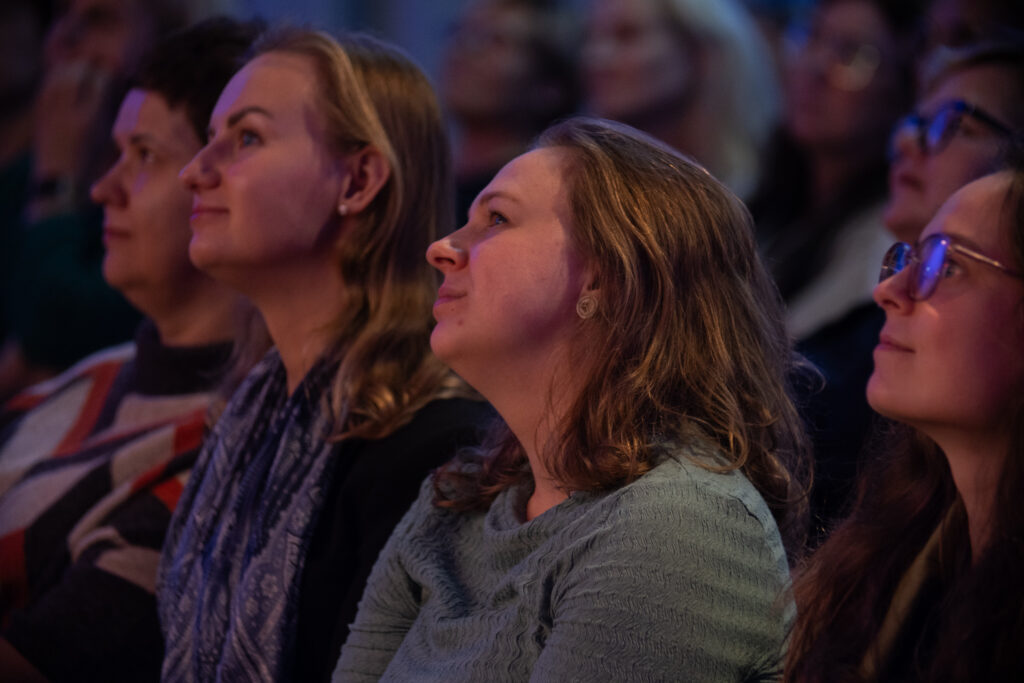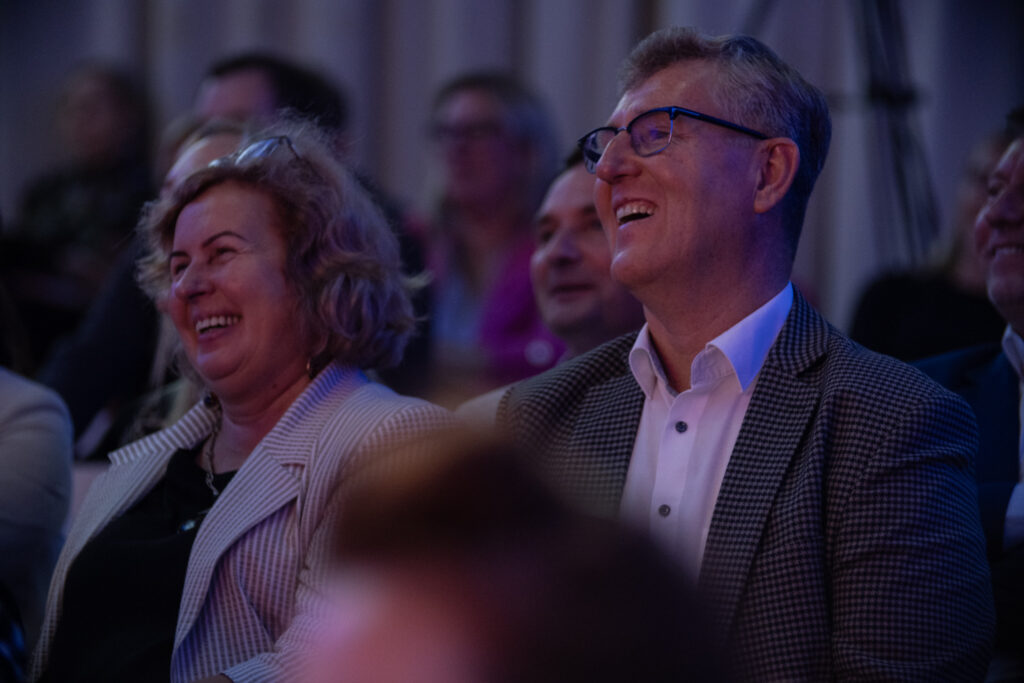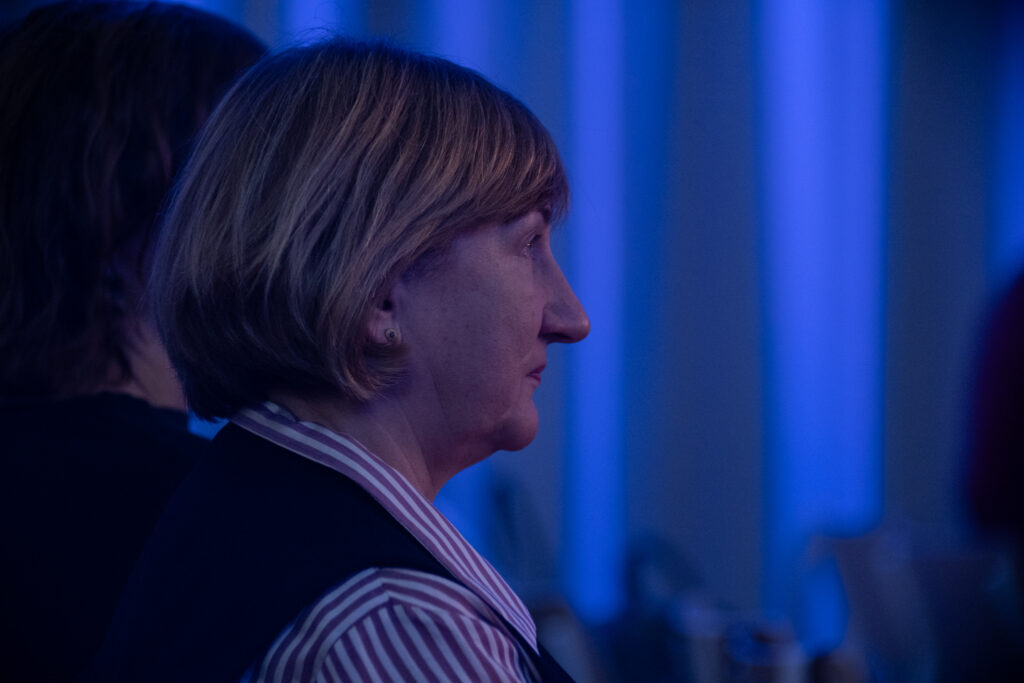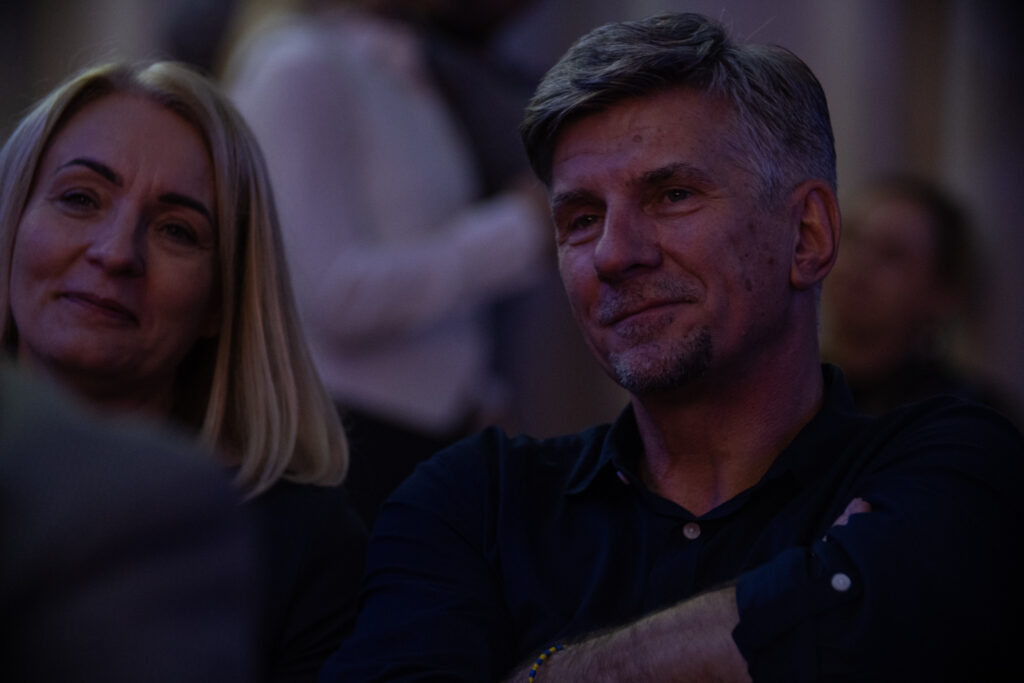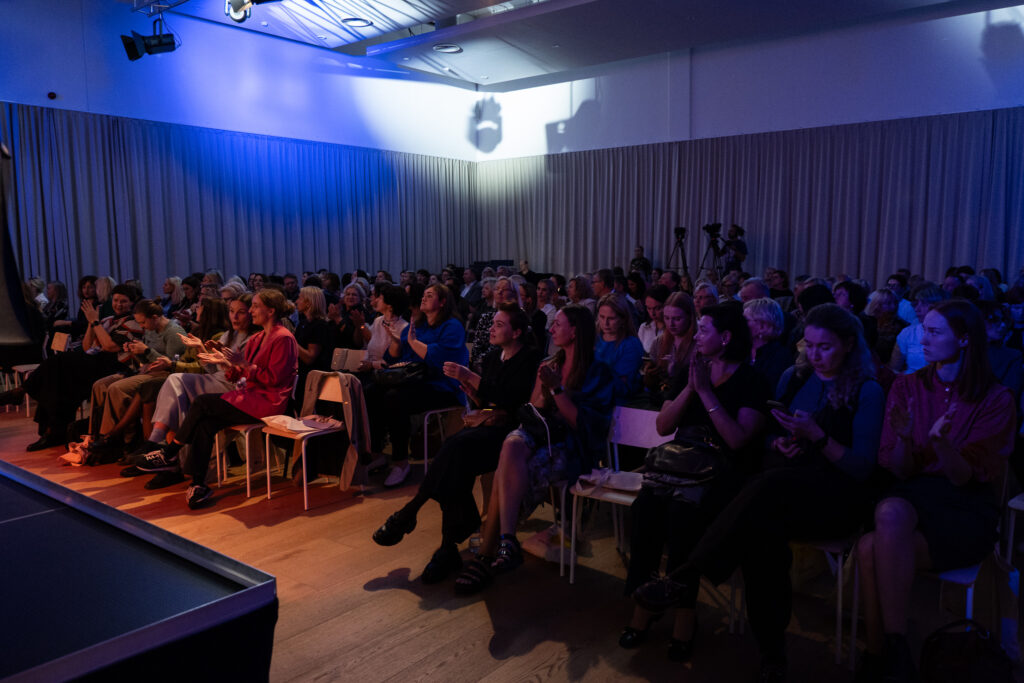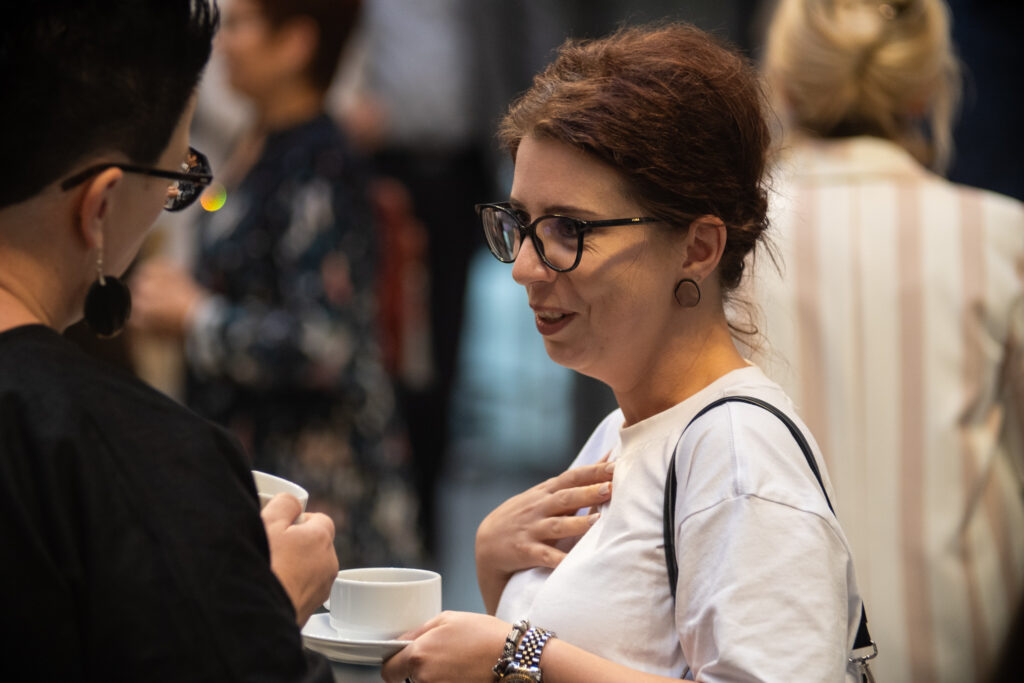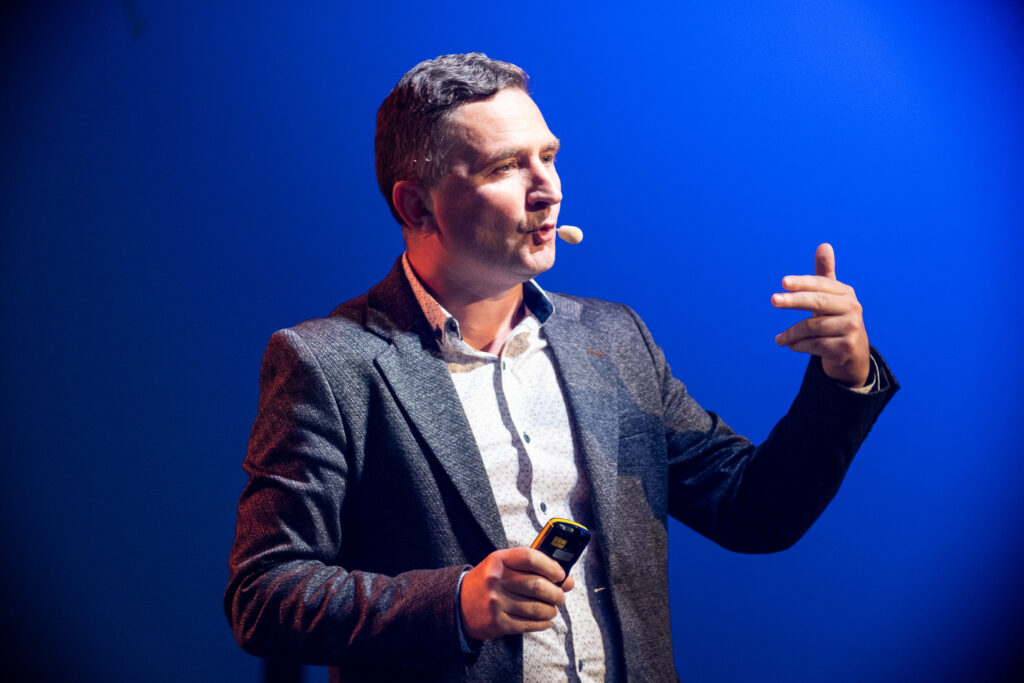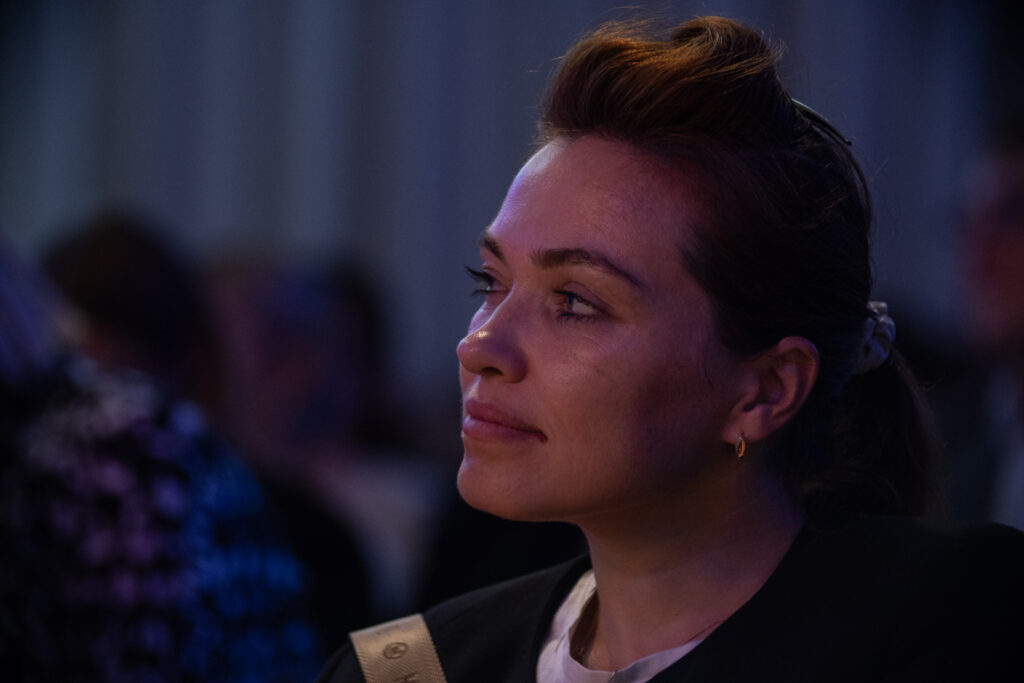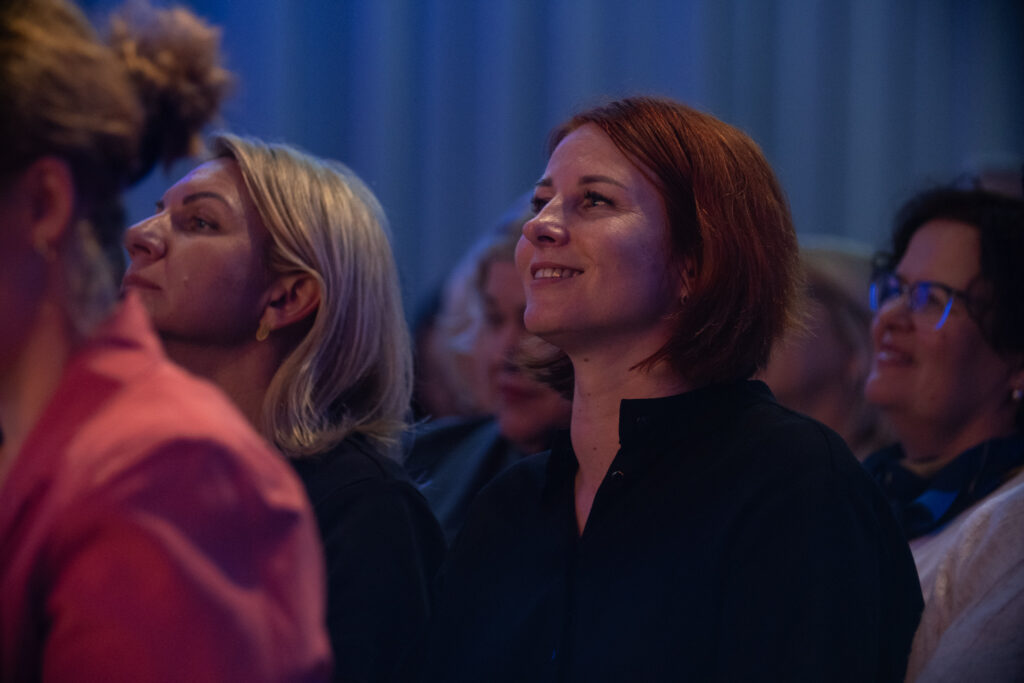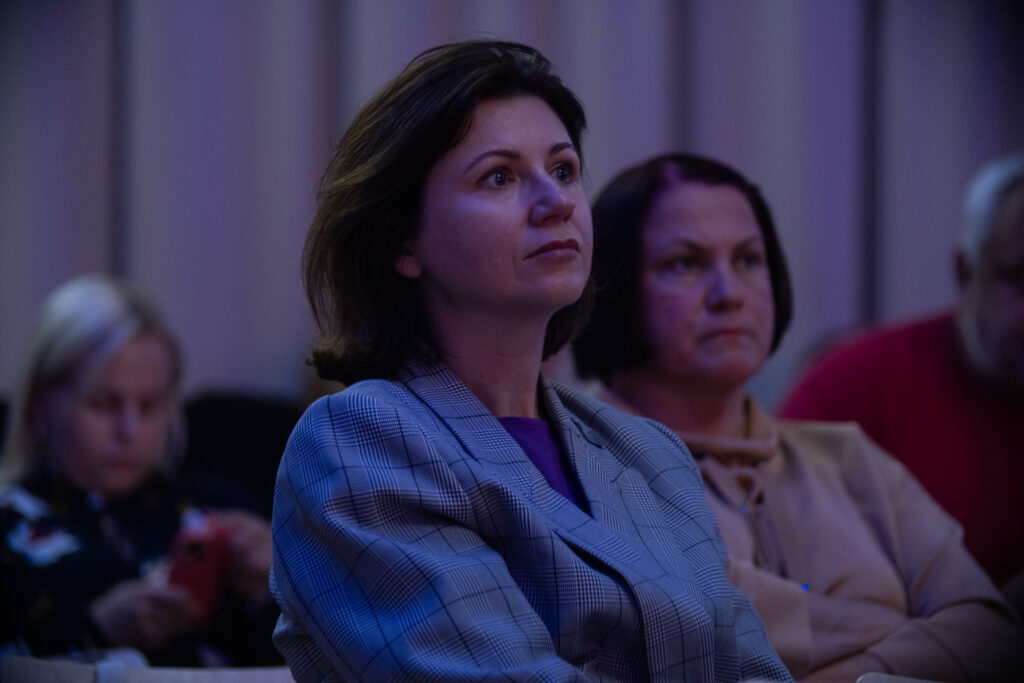
The most relevant issues in education, success stories and future perspectives of Lithuanian municipalities – all this could be heard on Friday at the presentation of the interim results of the Millennium Schools Programme (MSP) “Shaping the Future of Education: Municipal Initiatives”.
“Halfway through the first stream of municipal activities, we can already talk about the real results of the Millennium Schools Programme: successes, lessons, mistakes and solutions. If we measure success in terms of equipped and adapted laboratories, classrooms and spaces, we could probably count the walls today and say: ‘Very little is left to do, we have practically succeeded’. But I am glad that this programme is not about building walls, but about creating spaces according to universal design principles. I am glad that the Millennium Schools Programme is not only about premises, but also about competences – leadership, inclusion, cultural education, STEAM and networking”, – Prime Minister Ingrida Šimonytė remotely greeted the participants of the event, which took place in Vilnius Pilaitė Gymnasium.
Radvilė Morkūnaitė-Mikulėnienė, Minister of Education, Science and Sport of the Republic of Lithuania, welcomed the results of the MSP programme and stressed that MSP is the biggest investment in Lithuanian education in the history of independent Lithuania.
“Many different and beautiful things are happening in Lithuanian schools. I am very happy that this Programme contributes to ensuring that all children, wherever they live – in Vilnius or in a smaller Lithuanian city – have the same opportunities to learn and develop”, said R. Morkūnaitė-Mikulėnienė.
The event was also attended by Marius Vaščega, Head of the European Commission Representation in Lithuania, Lina Nevinskienė, Director of the European Social Fund Agency, and Dora Weber, an official of the European Commission’s Directorate General for Education, Youth, Sport and Culture, National Unit for Malta and Lithuania.
Success stories were shared by representatives of six municipalities, and Viktorija Senkutė, a Lithuanian rower and Olympian, who talked about how not to give up on the road full of challenges.
58 Lithuanian municipalities and 270 of their schools are participating in the MSP programme. The municipalities have been divided into two streams, which means that those in the first stream can now enjoy tangible results after having already started the activities in their progress plans.
The 22 municipalities in the first stream have already completed or are in the process of implementing 79% of all planned activities, while the programme as a whole is at the halfway point, with 48% of activities already started or completed (that is, 2001 activities out of 4139).
“I believe that the stories shared by colleagues from Ukmergė, Prienai, Šiauliai, Druskininkai, Kretinga and Kėdainiai mean much more to each of the schools in these municipalities than we can measure by various indicators of educational progress. We cannot take all the credit for this programme alone, as it is an integral and complex part of the other forces at work in the education system, but we cannot fail to see the results of the efforts that have been brought together by this programme,” said Judita Šarpienė, Programme Manager of the MSP.
Just over two and a half years after the start of the programme, the achievement gap between general education schools has narrowed in almost 40% of participating municipalities: in 22 out of 58 municipalities, it is no longer so important which school you attend, whether in a big city or a town.
“Over this period, we have also seen a fairly steady increase in pupils’ performance in both the Lithuanian language and literature and mathematics examinations. This is a reflection of the improved quality of education. At the same time, the number of merged classes is declining quite rapidly and the number of pupils per teaching post is slowly increasing, albeit quite slightly. This means that we are making more efficient use of the education system’s resources. It is also worth noting that schools are less competitive and more willing to share their resources with each other,” says Judita Šarpienė.
The project has a budget of €210 million from the Recovery and Resilience Facility and a maximum of €44.1 million from the state budget to reimburse value added tax. The specific support to a municipality depends on the value of its progress plan and the number of pupils in the municipality.
The main objective of the MSP programme is to reduce disparities in pupils’ achievement and the quality of education between schools in different municipalities and between municipality’s schools. This is achieved by investing in activities that can help the education community to implement the content of the updated curricula, to strengthen knowledge and skills, to implement inclusive education, to strengthen the leadership competences of principals and teachers, and to give additional attention to cultural and STEAM education in schools. All this is done in line with the principle of networking of schools in the municipality – encouraging sharing and cooperation rather than competition.
Original source: „Tūkstantmečio mokyklų“ programa įpusėjo: pasidžiaugta tarpiniais rezultatais – Tūkstantmečio mokyklų programa (tukstantmeciomokyklos.lt)
Moments of the event
Photo by Francesco Rufini



